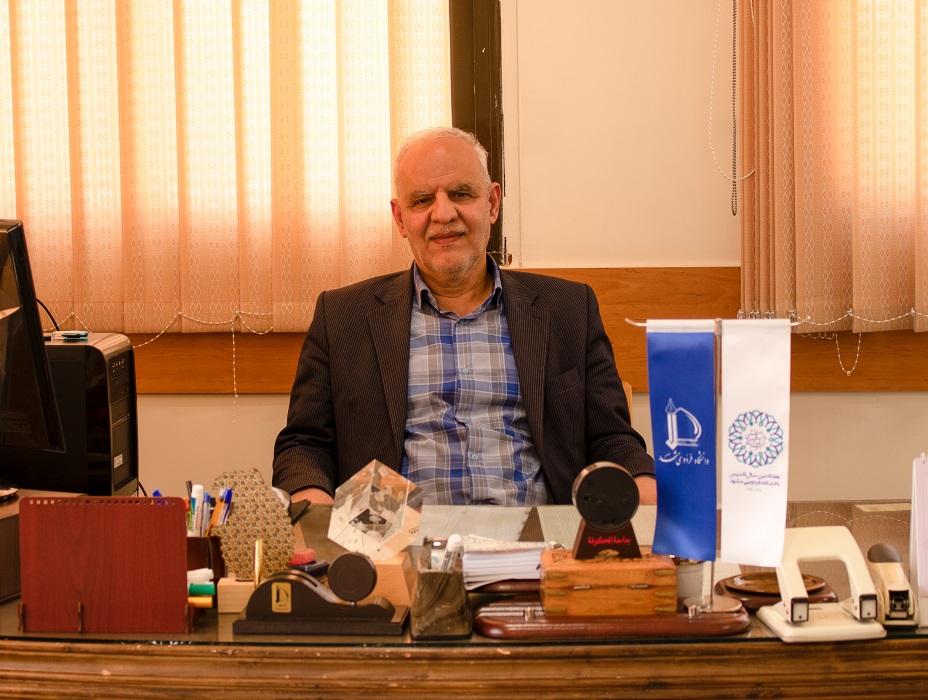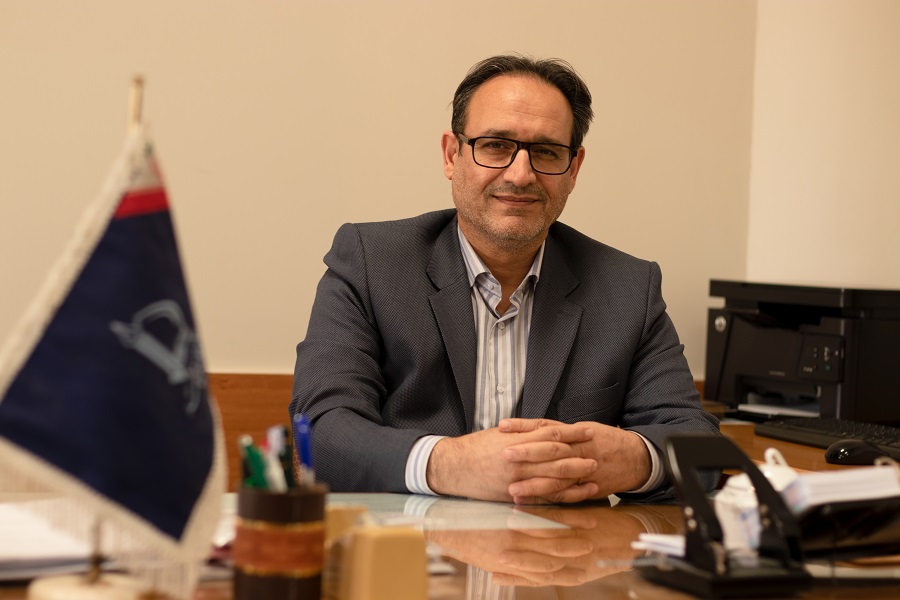The Faculty of Veterinary Medicine of Ferdowsi University of Mashhad (FUM) was founded in 1370(1991) by the permission of the ministry of science, research and technology. The objectives of this faculty are to train professional expertise and scientific progress in different fields of veterinary science, comparative medicine and public health through teaching, research and providing veterinary services. The educational activities of the faculty started in October 1990 by admitting 48 students for a 6-year program to obtain the degree of doctor of veterinary medicine (D.V.M) and a 2-year program as veterinary technician diploma degree. In order to train B.Sc. students in the field of veterinary laboratory science, since 1999, the 2-year degree program has not been offered; a discontinues 4-year program of B.Sc. in veterinary laboratory science is offered.
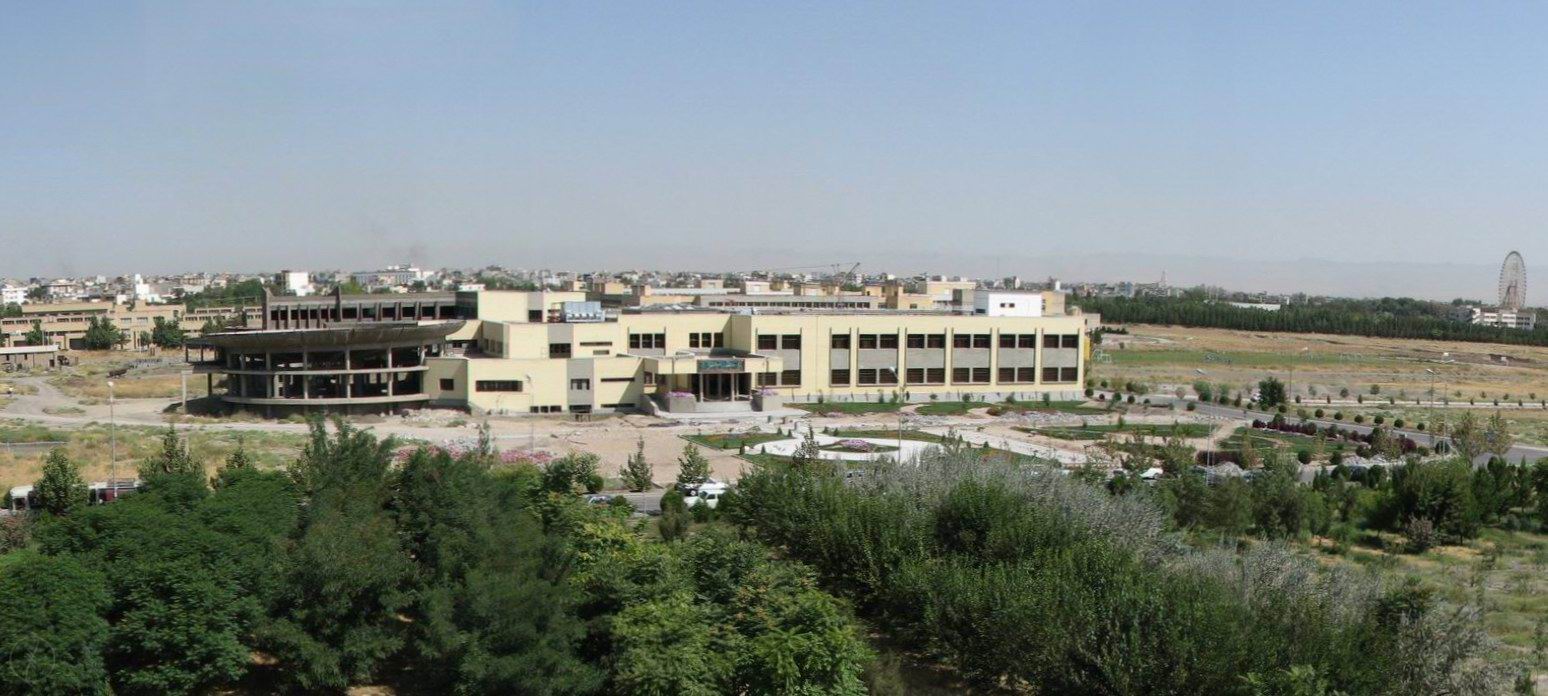
Currently, there are 1000 students involved in different programs namely; B.Sc., D.V.M., M.Sc., doctor of veterinary science (D.V.Sc) and doctor of philosophy (Ph.D.). Education, scientific research and scientific services are supported by more than 37 fulltime academic members and 35 administrative and technical staffs.
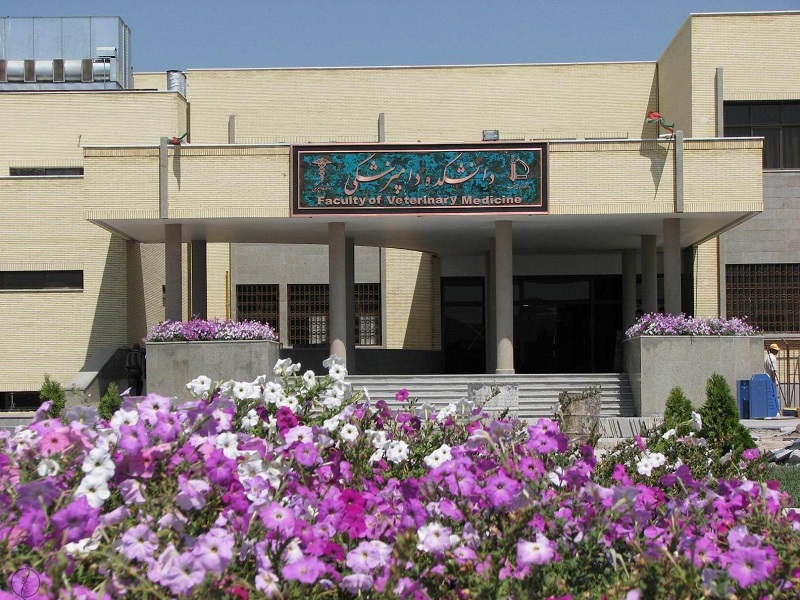
The D.V.M. students are admitted to the faculty by passing the national entrance exam. To obtain the D.V.M. Degree the students have to fulfill a 6-year program (12 semesters); at the end of fifth year, they must submit a proposal of his/her thesis that must be defended in front of a public audience.
The B.Sc. students are admitted to the faculty by successfully passing the national entrance exam which is held at the end of their 4-year program. To get the B.Sc. degree in veterinary laboratory science, or B.Sc. degree in food hygiene, they have to pass a 4-year (8 semesters) additional educational period.
The M.Sc. students are admitted to the faculty by passing the national entrance exam. To obtain the D.V.M. Degree the students have to fulfill a 2-year program (4 semesters); at the end of second semester, they must submit a proposal of his/her thesis that must be defended in front of a public audience.
The graduated students admitted to a Ph.D. and D.V.Sc. degree will be involved in a 4-year program (8 semesters), including training and research and fulfilling the requirements for their thesis or dissertation. The program includes passing all the course programs in an appropriate period of time and submitting their proposal at the end 3rd semester for Ph.D and at thE end of 5th semester for D.V.Sc. They are not allowed to defend their thesis, unless they publish at least two papers in the international journals.
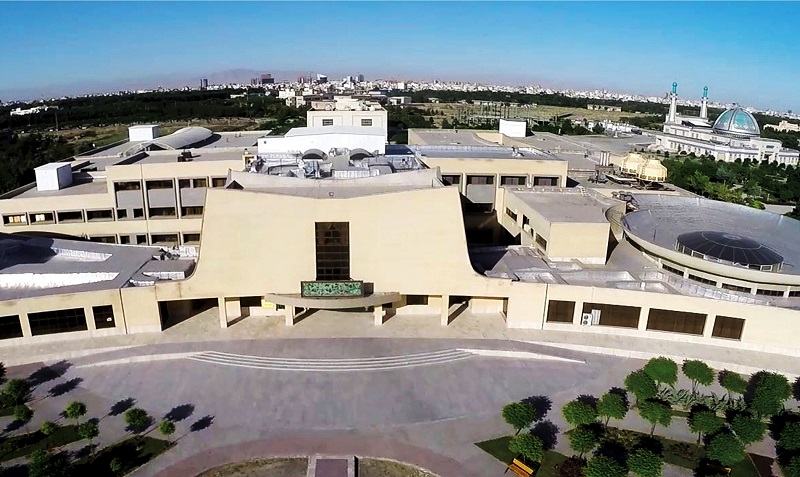
|
|
Maleki M. Associate Professor
WEB: http://maleki.profcms.um.ac.ir
|
|
|
Mohammadi G. Professor
WEB: http://gmohamad.profcms.um.ac.ir
|
|
|
Mohsenzadeh M. Professor
WEB: http://mohsenzadeh.profcms.um.ac.ir
|
- Basic Sciences
- Pathobiology
- Food Hygiene and Aquaculture
- Veterinary Clinical Sciences
- Doctor of Philosophy (Ph. D.)
- Doctor of veterinary science (D.V.Sc)
- Doctor of Veterinary Medicine (D.V.M)
- Master of Science (M.Sc.)
- Basic of Science (B.Sc.)
- Research, education and consultancy cooperation with many institutions and executive bodies including the Ministry of Agriculture, the Veterinary Regional Office, Razi Vaccine and Serum Research Institute, the Academic Center for Education, the Culture and Research Organization (Jihad Daneshgahi), and the University of Medical Sciences.
- Establishing a special animal hospital and polyclinic located 5 kilometers away from the university campus.
- Providing clinical and laboratory services in the polyclinic and special hospital.
- Publishing the scholarly journal entitled "Iranian Journal of Veterinary Science & Technology"
- Establishing the Center for Excellence in Ruminant Abortion and Neonatal Mortality
- Establishing a Research Farm near Mashhad in the near future
- Establishing more than 23 laboratories for hands-on learning opportunities including internship practice for students and research activities for academics.

